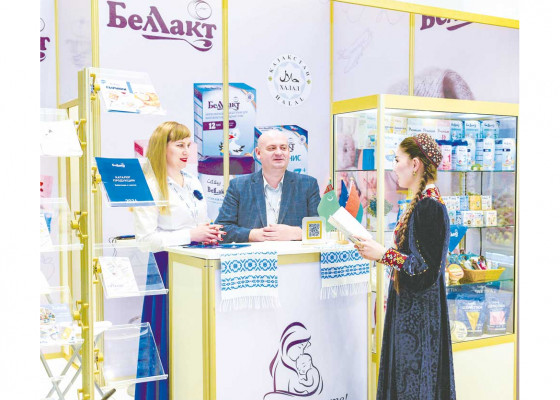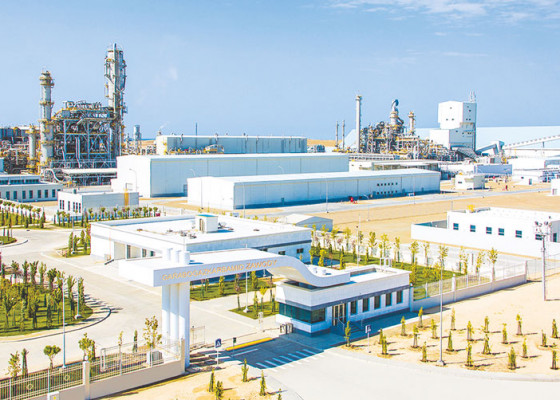Focus on Effectiveness and Quality
In the period of the Revival of the New Era of the Powerful State, great importance is attached to expanding mutually beneficial international cooperation and harnessing the potential of the country in the transport sector. The result is the growth rate in this sector of Turkmenistan’s economy. As was reported at the sitting of the Cabinet of Ministers on November 8, for the 10 months of 2024, the growth rate for the performance of work and services in the transport sector stood at 119.1 per cent, and the transportation of goods by all modes of transport – at 103.3 per cent. In general, the GDP growth rate in the transport sector stood at 6.7 per cent, which testifies to the important role of this sector in Turkmenistan’s economy. The freight forwarding companies – members of the Turkmen Logistics Association, make a worthy contribution to provide transport services. The Paýhas Ganaty Individual Enterprise, founded in 2023, specialises in transporting consolidated cargo by fully loaded vehicles and oversized cargo. For example, in August-October this year, Paýhas Ganaty performed the project rail transportation of 440 tonnes of tubing pipes from China to Hazar (Turkmenistan). The partners of Paýhas Ganaty are both local and foreign companies.









